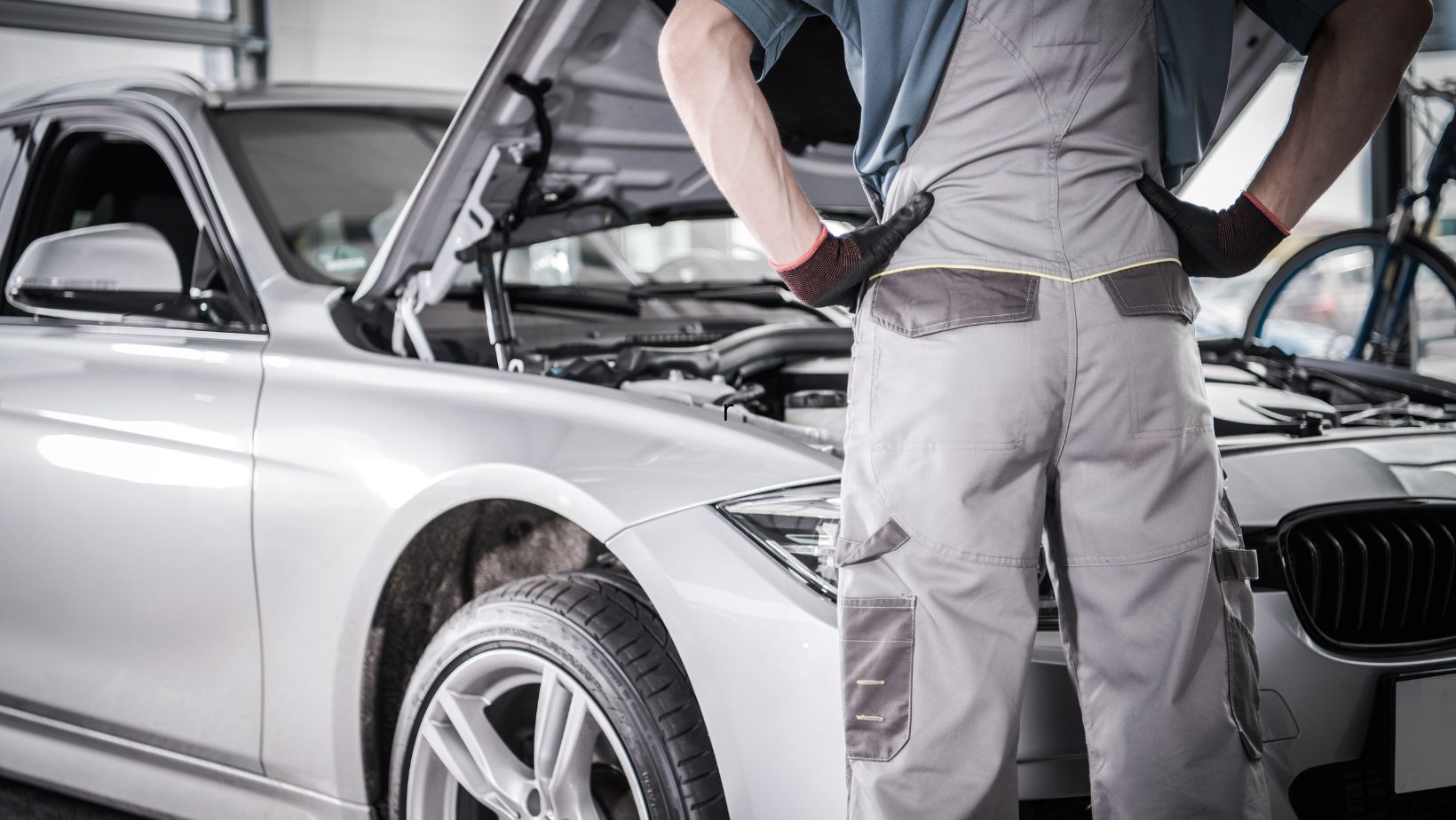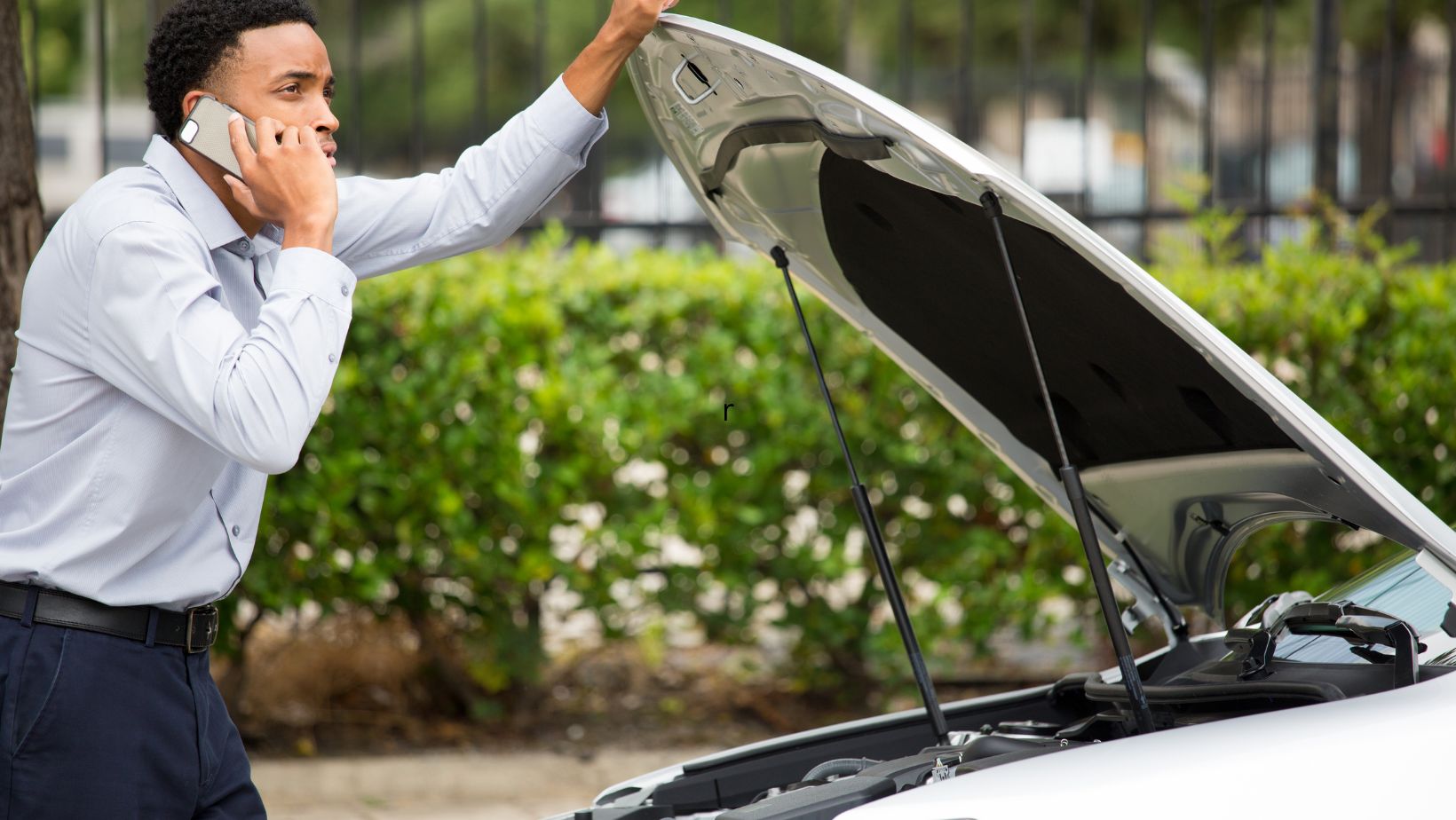
VW Car Repair
If you’re in need of VW car repair, you’ve come to the right place. As an expert in automotive maintenance and repairs, I’m here to provide you with valuable information and solutions for your Volkswagen vehicle. Whether it’s a routine service or a more complex issue, I’ll guide you through the process and help you get your VW back on the road in no time.
Volkswagen cars are known for their reliability and performance, but like any other vehicle, they can encounter problems from time to time. From engine issues to electrical malfunctions, there’s a wide range of potential problems that may require professional attention. With my expertise and knowledge of VW vehicles, I’ll share tips and advice on how to identify common issues and recommend the best course of action for repair.
Common Issues with VW Cars
Engine Overheating
One of the common issues that VW car owners may encounter is engine overheating. This can be caused by a variety of factors, such as a malfunctioning thermostat, coolant leaks, or a faulty radiator fan. When an engine overheats, it can lead to serious damage if not addressed promptly.
To prevent this issue, regular maintenance checks are essential. Monitoring coolant levels and ensuring proper circulation is crucial for preventing overheating. Additionally, keeping an eye out for any signs of coolant leaks or unusual temperature fluctuations can help detect potential problems early on.
Electrical Malfunctions
Another frequent problem faced by VW car owners relates to electrical malfunctions. These can manifest in various ways, ranging from faulty power windows and door locks to issues with the lighting system or dashboard electronics. Electrical malfunctions can be frustrating and may require professional assistance for accurate diagnosis and repair.
In some cases, these issues may stem from wiring faults or blown fuses. It’s important to have a qualified technician inspect and troubleshoot the electrical system thoroughly to identify the root cause of the problem and ensure it’s resolved effectively.
Transmission Problems
VW cars are known for their smooth driving experience; however, some models may experience transmission problems over time. Symptoms of transmission issues include rough shifting, slipping gears, delayed engagement, or complete failure to shift properly.
Transmission problems in VW cars could be caused by worn-out clutch plates, low transmission fluid levels, or even mechanical failures within the gearbox itself. Addressing these issues promptly through regular maintenance and seeking professional expertise when needed is crucial to maintain optimal performance.
It’s worth noting that while these are common issues reported by VW car owners, not all vehicles will experience them equally. Regular maintenance, timely repairs, and attentive driving can go a long way in minimizing the chances of encountering these problems.

Important Maintenance Tips for VW Car Owners
As a proud owner of a Volkswagen (VW) car, there are several key maintenance tips that can help ensure the longevity and optimal performance of your vehicle. Here are some important pointers to keep in mind:
- Regular Oil Changes: One of the simplest yet most crucial maintenance tasks is changing your car’s oil at regular intervals. This helps lubricate the engine components, prevent wear and tear, and maintain proper engine performance. Consult your owner’s manual or speak to a certified mechanic to determine the recommended oil change frequency for your specific VW model.
- Scheduled Maintenance: Adhering to the manufacturer’s recommended maintenance schedule is vital for keeping your VW in top shape. Routine inspections, fluid checks, filter replacements, and other scheduled services can address potential issues before they escalate into costly repairs.
- Quality Fuel and Fluids: Ensure that you use high-quality fuel and fluids suitable for your VW car. Using subpar or incompatible products may compromise engine performance and lead to long-term damage. Be sure to choose fuels with the correct octane rating as specified by Volkswagen.
- Tire Care: Proper tire maintenance not only enhances safety but also contributes to better fuel efficiency and handling characteristics of your vehicle. Regularly check tire pressure, rotate tires at recommended intervals, and inspect tread depth for signs of wear or uneven patterns.
Remember, while these maintenance tips can help keep your VW car in good condition, it’s always recommended to consult your owner’s manual or seek professional advice from certified technicians for specific maintenance requirements based on your vehicle model and usage patterns.
By following these essential maintenance practices, you can enjoy a smooth and trouble-free driving experience with your Volkswagen car for years to come!






































